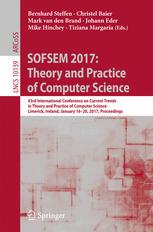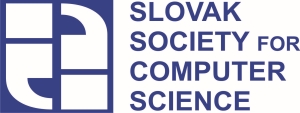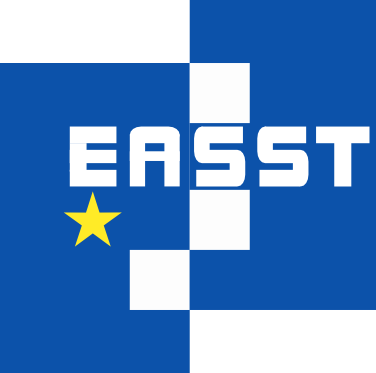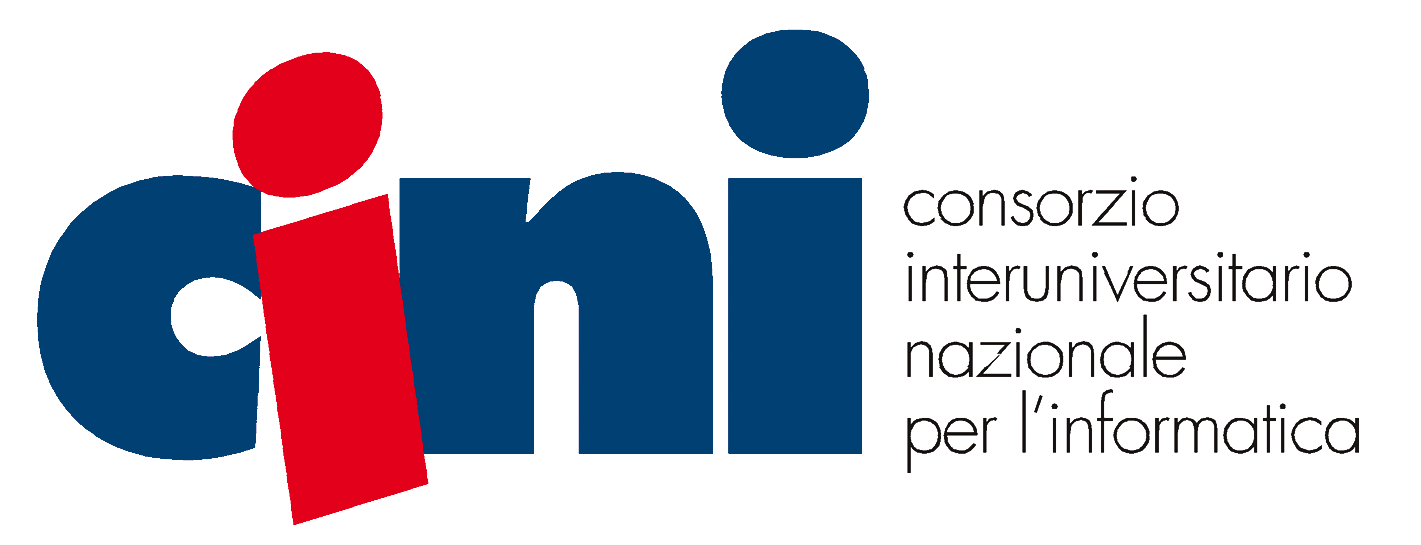SOFSEM 2017 := Automotive Software Engineering
ASE @ SOFSEM
As more and more functionality realized in vehicles, the amount of software has increased rapidly. Currently modern cars can have hundreds of Electronic Control Units (ECUs), the processors of which run hundreds of millions of lines of code. Moreover, the amount of software will keep increasing because of future innovations, think of adaptive cruise control, lane keeping, etc., which all leads to the ultimate goal of autonomous driving.
Considering that no code is 100% error-free and functional safety of automotive software should be guaranteed, automotive companies need to manage the risks of software failure in an acceptable level to protect life and property as well as avoid costly recalls. Therefore, automotive software engineering becomes one of the crucial topics in the automotive domain.
The growth of embedded systems/software in the car causes a number of challenges on automotive software engineering, for example, the existing model-based techniques for system and software architecture are still far from being widely accepted (except the AUTOSAR), there are conflicting demands for higher developer productivity along with quality and certification of safety-critical software, security and privacy have to be addressed in a connected automotive world, etc. The goal of this track is to discuss issues and share ideas related to the appropriate automotive software engineering techniques. Therefore, to bring together researchers and practitioners in the area of automotive software engineering, the ASE track is being organized in the context of SOFSEM. We encourage submissions from young researchers especially PhD students to trigger interesting discussion and feedback on their early research results.
Scope
Presentations which address the theory, research, and industrial applications as well as describe innovative projects are encouraged. We invite presentations on all topics related to automotive software engineering and development.
Topics of interest include (but are not limited to):
- Automotive system/software architecture, and architecture design patterns
- Automotive software quality, safety, and security
- Automotive component-based software engineering
- Model-based automotive software development and systems engineering
- Reverse software engineering techniques in the automotive domain
- Software engineering techniques for autonomous driving and cooperative vehicles, hybrid and fully electric vehicles
- Software engineering techniques for safety assurance and assessment
- Compliance management of standards or regulations
- Novel software engineering approaches in the automotive domain (e.g. continuous integration, software ecosystems)
Organizing Committee
- Prof. Mark van den Brand, Chair (Eindhoven University of Technology, The Netherlands
 )
) - Dr. Yanja Dajsuren, Co-Chair (Eindhoven University of Technology, The Netherlands
 )
) - Dr. Yaping Luo, Co-Chair (Altran Netherlands B. V., The Netherlands
 )
)
For all general enquiries, please contact one of us. We looking forward to seeing you at ASE @ SOFSEM.














